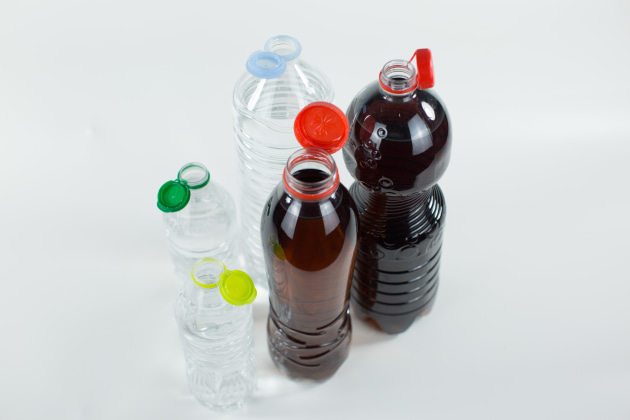Sidel conducted out a survey to better understand consumers’ environmental perceptions, their requirements for closures in general, and their opinions about tethered caps, and results show that although participants agree tethered caps contribute to a greener perception of plastic bottles, a cap should mainly guarantee safety and user-friendliness.
From June to September 2020, more then 3200 adult Europeans participated in a survey on tethered caps, performed by Ales Research on behalf of Sidel.
Through online interviews and focus groups, consumers assessed the appeal, functionality and environmental impact on tethered caps, by expressing their environmental concerns and attitudes, overall beverage packaging requirements, visual expectations, as well as their perspectives on tethered caps' usability when pouring and drinking from the bottle and reclosing the cap.
Sidel’s objective was to understand consumer acceptance of the new tethered caps, and thus proactively support its customers in converting to tethered caps to comply with the new regulation and to ensure the success of their new packaging in the marketplace.
The survey results show that 87 per cent of participants agree that plastic pollution harms the environment and that caps are a part of it. Meanwhile, 67 per cent of consumers are convinced that changing their own behaviour, in terms of waste sorting and reduction, can make a difference for a greener environment.
Also, 45 per cent of panellists believed tethered caps reduce the risk of cap loss because they remained attached to the bottle, therefore keeping them from getting dirty or lost, while only 26 per cent believe tethered caps will help to reduce plastic littering.

According to Simone Pisani, director of Portfolio Value Creation at Sidel, consumers have a very practical attitude towards bottle closures.
“As we can see, they are primarily concerned about product safety and user-friendliness, seeking evidence to tell whether the cap has been opened or not before they use the beverage or how easily they can close it. Additionally, cap tightness is crucial to avoid unnecessary spills,” Pisani continues.
“According to the results, the usability of the cap itself, such as how easily the cap can be opened, and how easy it is to pour or drink from the bottle, comes immediately after in terms of importance.
“And the last preference criteria are cap attractiveness, child safety and how easily the bottle and cap can be recycled. This perception may change in the future once consumers become more conscious of the environmental benefits tethered caps provide.”
In the survey, consumers were also asked to compare existing screw caps with some tethered cap prototypes – snap-on and tethered screw caps, along with existing sport caps.
The survey results demonstrate that there is no solution that satisfies all needs – consumers’ first impression of snap-on caps is that the design is quite disruptive, and they were surprised about the initial experience.
Tethered screw caps were found to interfere with the lips and nose while drinking, while sport caps were found to be difficult to open, and their design makes it naturally difficult to pour the product into a cup or glass.
“Nevertheless, tethered screw caps, snap-on caps and sport caps show higher purchase intention than existing screw ups, since their opening is as easy and smooth as for the current solutions,” Pisani adds.
“Snap-on caps are particularly appreciated because they can be opened with just one hand.
“Also, they are perceived as an environmental improvement. But ultimately, consumers very much appreciate that the tethered caps remain connected with the bottle, as this keeps them cleaner and reduces the chances of loss.”






